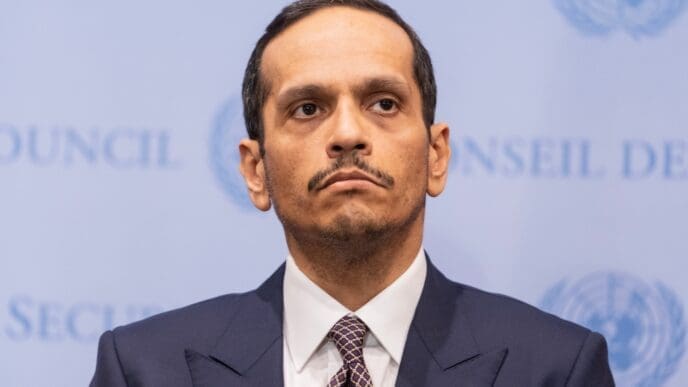A recent study highlights significant involvement of Manitoba’s child welfare system with First Nation families, revealing that half have had a file opened and over a quarter have experienced child removal by the government. This research, conducted by the University of Manitoba and the Assembly of Manitoba Chiefs, analyzed data from nearly 120,000 parents, including over 13,000 First Nations parents, spanning from 1998 to 2019.
The findings underscore the high rate of intervention by Child Family Services (CFS) in Indigenous communities, deterring some families from seeking help due to fear of child apprehension. The study’s co-author, Kathleen Kenny, cites the province’s discontinued “birth alert” system as a major contributor to the elevated rates of child welfare involvement. This system required hospital staff to notify CFS if a newborn was at risk, leading to increased interventions.
Data from the province indicates a downward trend in the total number of children in care, with 8,919 children currently under CFS, 91 percent of whom are Indigenous, despite representing only 18 percent of Manitoba’s population. Several recommendations from the study include better data collection for CFS and increased funding for housing and wellness support for First Nation families.
Manitoba’s children and youth advocate, Sherry Gott, criticizes the overrepresentation of First Nations families in mental health, addictions, and justice systems due to the child welfare approach. Despite the end of the birth alert system, she believes First Nations babies in hospitals are still under disproportionate scrutiny. Gott calls for more holistic support for First Nation youth, such as land-based learning and language skills.
Jonathan Sand, who was removed from his mother’s care at a young age, reflects on the report’s findings, noting persistent racism within the system. His personal experience resonates with many First Nations families facing CFS interventions, often feeling stigmatized as unfit parents. Sand recounts the trauma of being moved through multiple foster homes and experiencing separation from his siblings.
Manitoba’s Minister of Families, Nahanni Fontaine, acknowledges the study’s confirmation of Indigenous experiences with CFS. Fontaine herself experienced apprehension and stresses the daily anxiety Indigenous families face regarding child welfare interventions. The province is negotiating with up to 15 First Nations to transfer child welfare jurisdiction, hoping to keep children with their families and communities.
Recent changes to kinship care agreements aim to maintain parental guardianship while placing children with other family members, thus avoiding the traditional child welfare system. Assembly of Manitoba Chiefs Grand Chief Kyra Wilson emphasizes the need for transparency and clarity from the Minister of Families regarding the province’s vision for child welfare reforms.
The Societal Shift
This study’s findings and subsequent provincial responses could significantly impact First Nation communities in Manitoba. The shift towards transferring child welfare jurisdiction to First Nations signals a move towards self-determination and culturally responsive care. For families, this could mean reduced anxiety over child apprehension and an environment where traditional practices and community support take precedence.
The focus on kinship care and maintaining children within their communities could lead to stronger family bonds and better mental health outcomes for First Nation youth. However, the transition’s success will depend on adequate funding, clear communication, and comprehensive support systems tailored to individual community needs. For policymakers and community leaders, the challenge lies in addressing systemic issues while empowering Indigenous communities to exercise greater control over their child welfare systems.












